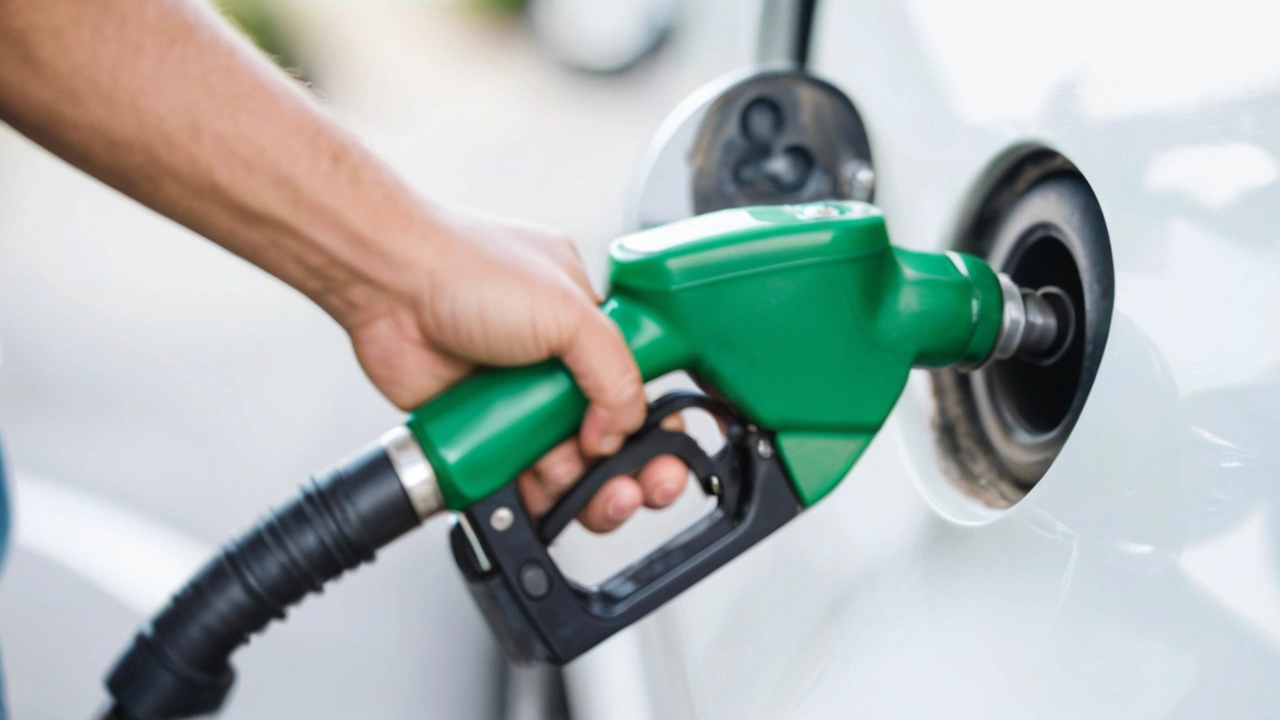Petrol Decrease: What You Need to Know About the Latest Fuel Price Changes
When petrol prices go down, it’s always good news for drivers and anyone relying on transportation. But why do fuel prices fluctuate, and how do these changes directly impact you? Let’s break it down in simple terms.
Fuel prices aren’t set in stone. They move based on global oil markets, local taxes, and regulatory decisions from authorities like EPRA in Kenya. For example, in June 2025, EPRA announced a petrol price increase, but at the same time, they lowered diesel and kerosene prices. This juggling act balances broader economic factors with consumer needs.
Why Petrol Prices Matter to You
When petrol prices drop, filling up your car becomes cheaper — plain and simple. But that’s not all. Lower petrol prices can make goods transportation less costly, potentially reducing prices for everyday items. On the flip side, if prices rise, you might notice more strain on your monthly budget because increased transport costs tend to ripple through the economy.
It’s also worth noting that these price changes don’t happen randomly. Regulatory bodies carefully study international trends, local supply and demand, and tax policies before making adjustments. So, next time you hear about petrol decreases or increases, it reflects a complex balance between global markets and your wallet.
Keeping Track of Fuel Price Changes
If you want to stay ahead, keep an eye on announcements from EPRA and trusted news sources. Fuel price changes can happen monthly or even more frequently, and knowing when prices shift can help you plan trips or optimize your fuel spending.
Plus, by understanding these shifts, you can make smarter choices about when to fill up your tank or explore alternative transportation options. After all, every cent saved on petrol can add up over time.
So, whether you’re a daily driver, a delivery worker, or just someone curious about the economy, keeping tabs on petrol price movements gives you a clearer picture of how energy costs weave into your everyday life.

